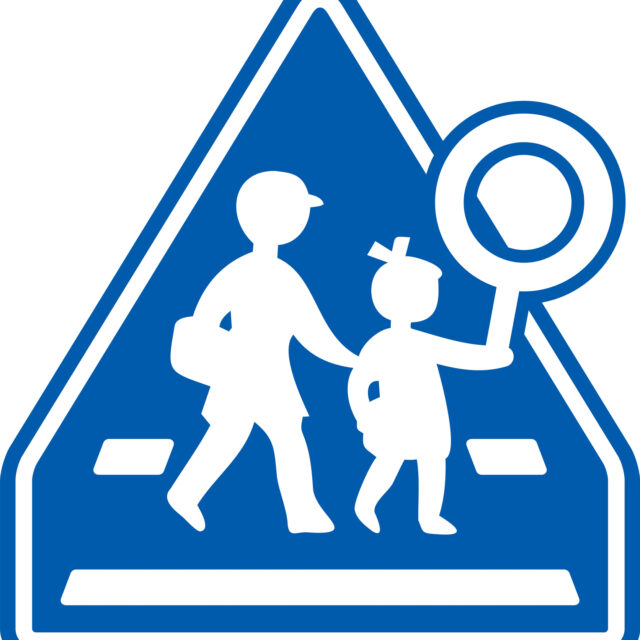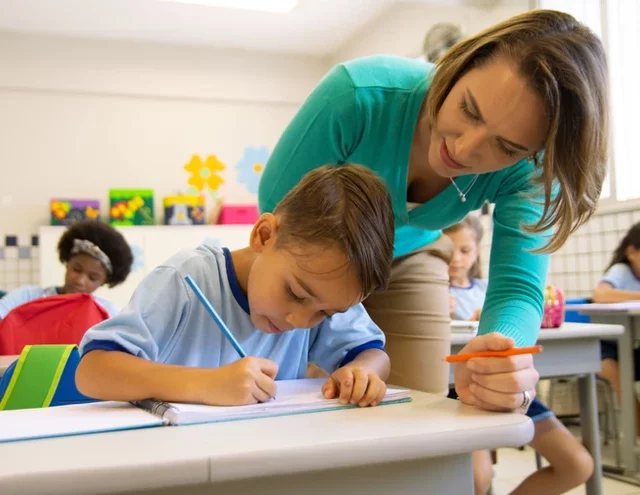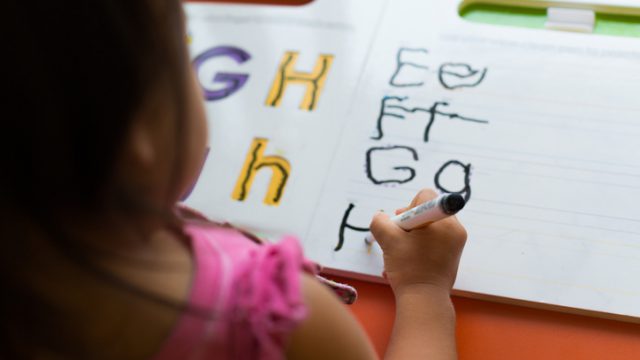URLEY (Using Research Tools to Improve Language in the Early Years) Evaluation Report
 Pub. Date
Pub. Date
 Pub. Type
Pub. Type

The URLEY (Using Research Tools to Improve Language in the Early Years) programme trains early years teachers to improve children’s language and social-behavioural outcomes in Nursery and Reception Year (ages 3 to 5). Teachers take part in 5 day-long professional development workshops in which they are introduced to a set of evidence-based language learning principles, taught how to use these and a range of research tools (primarily the Environment Rating Scales (ERS)) to assess their practice, and provided with strategies for refining practice. Mentors support teachers to implement the approach in their schools.
The URLEY programme was independently evaluated, for the Education Endowment Foundation, by a team from the National Institute of Economic and Social Research (NIESR) and the Behavioural Insights Team (BIT).
The evaluation did not find evidence that the URLEY programme had an impact on children’s language development at the end of Reception using a composite language score. The programme did have consistent positive impacts on the quality of teaching, such as the quality of language-supporting adult-child interactions. It may be that impacts on pupil outcomes would only be observed in the longer term, or with even larger improvements to practice. Many children were not taught in reception by a teacher who had received the full training (partly due to substantial teacher turnover in the schools), and it was not possible to assess the extent and impact of this in the evaluation. Additional induction training was provided where possible, but this is nonetheless likely to have reduced the potential impact of the URLEY programme.
The URLEY programme required significant time investment and cascading the intervention to staff who didn’t attend the training was challenging. However, teachers were overwhelmingly positive about the programme, reporting positive impacts for themselves as teachers (e.g. in their practice, professional vision and child development knowledge), and perceived benefits for children.












